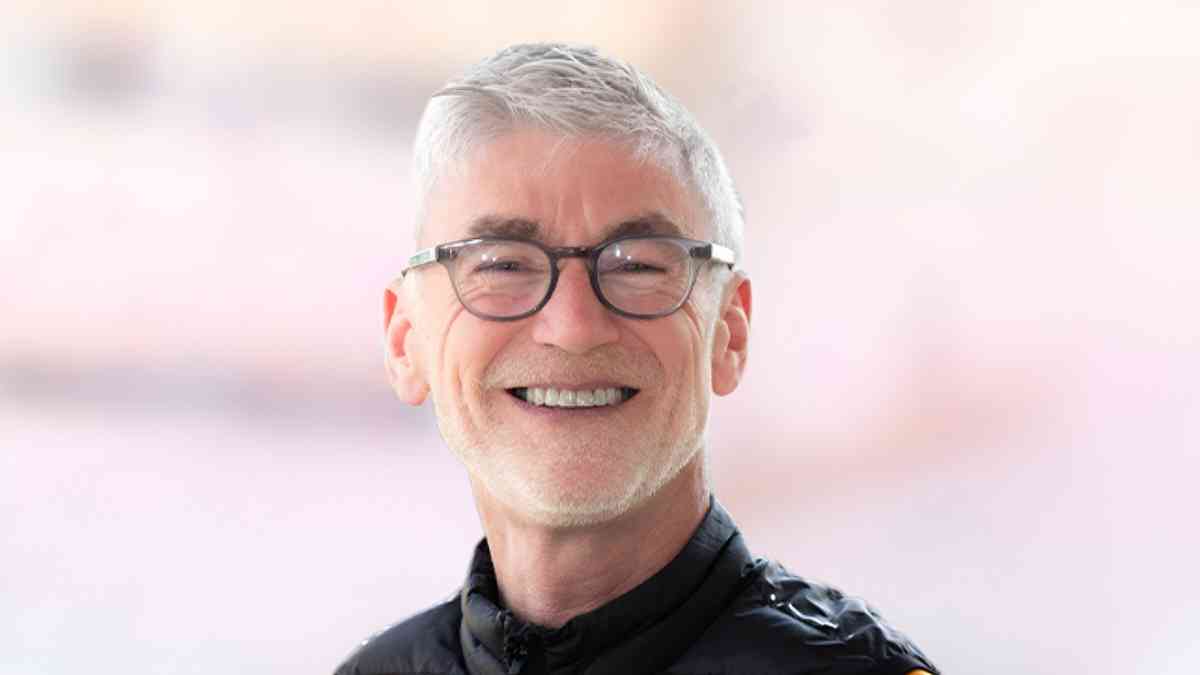Gordon Seabright: A Visionary Leader in Heritage, Sustainability and Social Impact

Gordon Seabright is a name that resonates across several sectors in the UK, from heritage and horticulture to sustainability, cycling, and social equity. His career reflects a unique blend of leadership in culture, environment, and community development. Known for his results-driven approach and strategic foresight, Seabright has consistently demonstrated an ability to transform organisations by aligning them with contemporary values, financial resilience, and inclusive public engagement.
In 2024, his appointment as Chief Executive of the Horniman Museum and Gardens marked another milestone in an already impressive career. This article explores his journey, achievements, leadership style, and the impact he is set to have in the years ahead.
Early Career Foundations
Gordon Seabright’s professional path has always been rooted in service-oriented leadership. Though his academic background and early career roles are less publicised, his trajectory quickly gained visibility with roles that involved heritage, sustainability, and public engagement. His interest in environmental stewardship and cultural preservation seemed to inform many of his career choices, which often involved turning struggling organisations into thriving institutions.
Leadership at the Eden Project
One of the most transformative chapters in Seabright’s career was his role as Chief Executive of the Eden Project, where he served from 2014 to 2020. The Eden Project, located in Cornwall, is a globally recognised environmental education centre and visitor attraction, known for its iconic biomes and ambitious eco-initiatives.
Under Seabright’s leadership, Eden not only stabilised its finances but also expanded its reach and relevance. He championed initiatives that increased footfall beyond one million visitors per year and improved the financial model to ensure long-term sustainability. Importantly, Seabright led projects like “The Big Lunch,” which aimed to strengthen social cohesion across the UK by encouraging community meals and gatherings.
He also pushed for the Eden Project’s global expansion, supporting developments in China, Australia, and Northern Ireland. Moreover, the launch of Eden’s geothermal energy programme and plans for an extensive learning campus under his tenure illustrated his commitment to innovation and education.
A Vision for Creative Spaces
Following his time at the Eden Project, Seabright took on the role of Chief Executive of the Creative Land Trust in 2020. This non-profit organisation is dedicated to securing long-term workspaces for artists and creatives, especially in urban areas where rising rents threaten the survival of artistic communities.
Here, Seabright tackled the growing issue of cultural displacement in major cities. Under his stewardship, the Trust helped acquire and manage properties for creative purposes, ensuring artists had the infrastructure they needed to contribute to the social and economic fabric of communities. His efforts contributed to broader urban regeneration and cultural inclusion, particularly in areas facing gentrification.
Leading Cycling UK
Before Eden and the Creative Land Trust, Seabright served as the Chief Executive of Cycling UK (previously known as the Cyclists’ Touring Club). His role there centred on promoting cycling as a safe, healthy, and accessible mode of transport for people of all backgrounds.
During his tenure, Seabright lobbied for better cycling infrastructure, worked with government stakeholders to shape transport policy, and led public campaigns to increase cycling participation. He understood cycling not only as a form of transport but also as a social equaliser and a tool for environmental protection.
Appointment at the Horniman Museum and Gardens
In June 2024, Seabright was appointed Chief Executive of the Horniman Museum and Gardens, located in Forest Hill, South London. This appointment came at a pivotal time for the museum, which was preparing to celebrate its 125th anniversary in 2026.
The Horniman is a unique institution, housing collections related to anthropology, natural history, and musical instruments, along with extensive gardens and community engagement programmes. As the museum embarks on its “Nature + Love” project—a multimillion-pound transformation initiative supported by the National Lottery Heritage Fund—Seabright’s leadership is expected to steer the institution into a new era of relevance, inclusivity, and sustainability.
His plans include refreshing the Natural History Gallery, creating innovative outdoor attractions, and making the museum more accessible to diverse communities. In his words, the Horniman is “a very special place,” and his goal is to make it even more impactful for local audiences and international visitors alike.
Personal Philosophy and Leadership Style
Gordon Seabright’s leadership style is often described as collaborative, transparent, and mission-driven. He is not merely a strategic thinker but also a leader who values empathy, inclusion, and adaptability. Whether working with creative professionals, environmentalists, or museum curators, he has a consistent record of elevating institutions by fostering innovation while respecting tradition.
He is known for being data-informed but people-focused—traits that have made him a trusted figure in public sector leadership. Seabright’s decisions are frequently grounded in long-term vision rather than short-term optics, a principle evident across all his major career moves.
Community Engagement and Voluntary Roles
In addition to his executive roles, Seabright has long been involved in voluntary and non-executive leadership. He serves as a trustee for Parkrun Global, an organisation that encourages inclusive fitness through free weekly 5k runs in public parks across the world. He is also a trustee of Five Talents, a microfinance charity supporting entrepreneurs in East Africa.
Furthermore, he holds non-executive director roles in the housing and development sector, particularly in Cornwall, contributing to socially sustainable property development. His fellowships with the Linnean Society and the University of Exeter Business School are a testament to his cross-disciplinary recognition.
Legacy and Future Impact
Gordon Seabright’s professional journey offers a rare blend of achievements across very different yet interlinked sectors. From promoting biodiversity and climate literacy at the Eden Project to supporting creatives through the Creative Land Trust, and now reimagining a historic museum for a modern audience, his contributions are vast and varied.
Looking ahead, his work at the Horniman Museum and Gardens has the potential to redefine how cultural institutions engage with the pressing challenges of the 21st century. These include climate change, social fragmentation, and the need for more inclusive narratives in public spaces. With the Nature + Love project underway and a major anniversary on the horizon, Seabright is well-positioned to leave an enduring legacy at the Horniman.
His multifaceted career serves as a blueprint for future leaders who aim to balance commercial sensibility with public good, tradition with innovation, and local relevance with global ambition.
Conclusion
Gordon Seabright exemplifies what it means to be a purpose-led leader in today’s world. His commitment to environmental sustainability, cultural preservation, and community empowerment makes him a figure of both influence and inspiration. As he takes the reins at the Horniman Museum and Gardens, the broader cultural sector—and indeed the public—can expect transformative change rooted in empathy, creativity, and strategic brilliance.
His career is not just a list of roles and projects; it is a narrative of meaningful impact across communities and causes. Whether it’s securing workspaces for creatives, greening the future through eco-education, or curating spaces for public dialogue and discovery, Seabright continues to prove that leadership, when grounded in purpose, can shape a better and more inclusive future.



